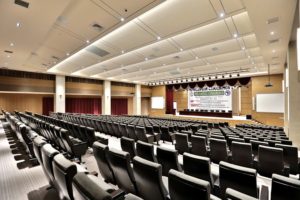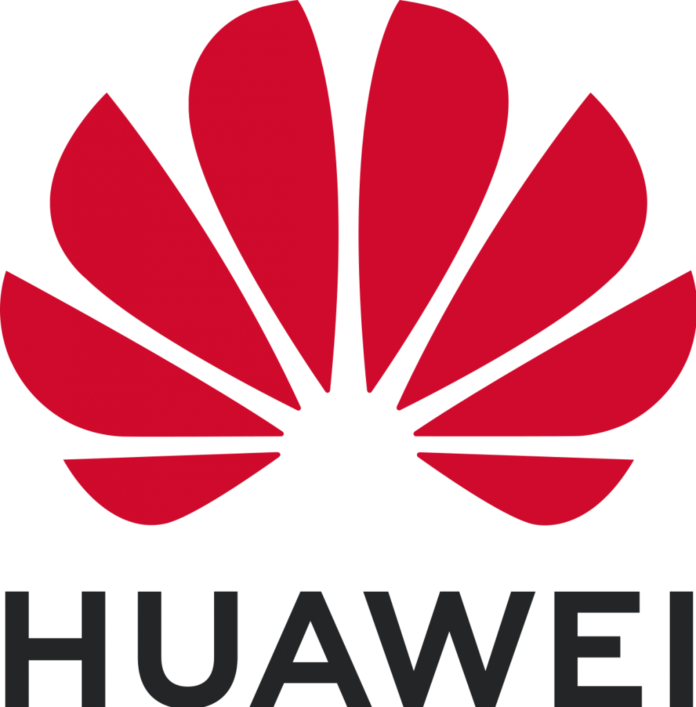The U. S. Embassy near the Liberian capital Monrovia has warned citizens of the country against the use of Chinese made of technology amid, tension between the U.S. and china.
The Trump Administration has aggressively pursued technological disengagement from the Communist Chinese Government which it accuses of systematic theft of intellectual property and trade secrets from the United States and its allies.
But China has denied the accusations and, instead. , accused the Americans of being “paranoid” of its rise as a global economic power.
In its social media post, the US Embassy detailed a media account of how a “…Chinese state-owned construction firm built the African Union headquarters in Addis Ababa, Ethiopia, it also installed Huawei servers, later found to be sending data to Shanghai daily, according to the French newspaper Le Monde.
According to a recent report from The Heritage Foundation, a Washington think tank, the CCP or private Chinese firms have built or renovated 186 government buildings in Africa and installed 14 internal government telecommunications networks.
The report adds that the Chinese government has provided office equipment, including computers, to 35 African governments…”
In the veiled warning, which was apparently directed at Liberian authorities, the American Embassy in Monrovia noted that, “All China’s National Intelligence Law requires all Chinese companies to secretly cooperate with the Chinese Communist Party’s (CCP) intelligence services and security agencies.”
Most developing African countries, Liberia included, have trended to readily available loose-term loans and aid from China which is pursuing an intentional policy of global expansion and influence.
According to research quoted by the Harvard Business Review, “…China has extended many more loans to developing countries than previously known.
This systematic under reporting of Chinese loans has created a “hidden debt” problem – meaning that debtor countries and international institutions alike have an incomplete picture of how much countries around the world owe to China and under what conditions…”
It is unclear how much Liberia is indebted to China.

The Government, including prior Administrations, have signed several multilateral agreements with Beijing to offer credit lines and interest-free development loans for road construction and infrastructure in the West African country which was nearly destroyed by back-to-back wars in the 1990s.
n April with the worsening COVID-19 pandemic, China announced that it would offer some relief- extend repayment terms for most developing countries but balked at an outright forgiveness of loans for developing countries which are “debt ridden”.
There are several major China-aided projects completed in Liberia and which include Chinese made communications equipment at the country’s main international gateway, the Roberts International Airport (RIA), the Ministerial Complex in Monrovia and interior of the Capitol Building, the seat of the National Legislature – all sensitive infrastructures.
The Chinese have referred to these development projects in Liberia as “positive”.
According to information obtained, Liberia’s Postal and Telecommunications Affairs Minister Cllr Cooper Krua and Liberia Telecommunications Corporation (LIBTELCO) spearheaded the approval process to get Chinese telecommunications equipment installed at the international airport, a highly sensitive Government facility.
Liberian Government sources have told African Star that the Americans have told the Liberian Government in private that they object to the use of Huawei communications infrastructure at the RIA due to security risks posed to their interests. It is unknown if the equipment are still in use.
Who is Huawei?
Huawei is a Chinese multinational technology giant with headquarters in Shenzhen in Guandong Province. It was founded in 1987 Ren Zhengfei, a former member of the Chinese Liberation Army.
Western countries, including the United States and United Kingdom, have banned Huawei from supplying Fifth Generation (5G) equipment for inclusion in their mobile networks, citing security risks of spying and the close connection of the company with the Chinese military.
Huawei has denied that it is spying for the Chinese Government
In 2016, Huawei announced a partnership with Orange telecommunications in West Africa to improve operational efficiencies in nine countries. Orange operates in Liberia where Huawei made GSM phones also marketed.






















